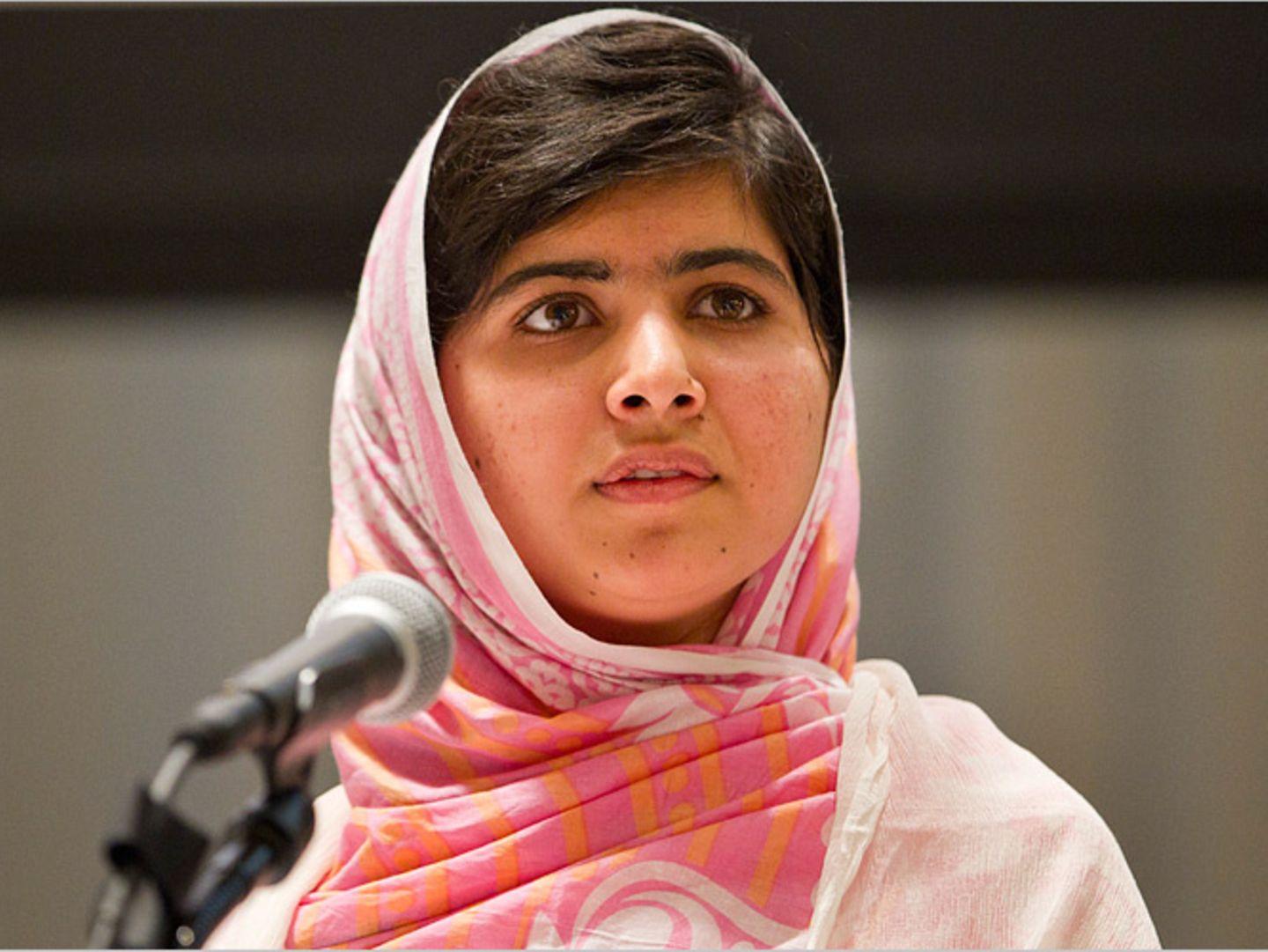Malala Yousafzai: A Global Voice for Education

Introduction
Malala Yousafzai, a Pakistani activist for female education and the youngest Nobel Prize laureate, stands as a prominent figure in the ongoing battle for girls’ access to education globally. The importance of her advocacy cannot be overstated, as education is critical for fostering equality and advancing societal development. In recent years, Malala has intensified her efforts to highlight educational disparities exacerbated by conflicts, the COVID-19 pandemic, and socio-economic factors.
Recent Developments and Initiatives
In 2023, Malala co-founded the “Malala Fund” initiative, aimed particularly at girls in Afghanistan, which is facing severe educational restrictions since the Taliban takeover. Reports suggest that nearly 3.5 million girls are currently denied access to primary and secondary education in Afghanistan. Malala’s advocacy has included several public appearances and campaigns aimed at urging international governments and NGOs to act decisively in supporting Afghan girls’ education.
Moreover, Malala’s recent appearance at the United Nations General Assembly underscored her commitment to not only Afghan girls but to the global education crisis that has left many youth out of classrooms. Her call to action resonated as she urged world leaders to increase funding for education and create policies that prioritise the learning needs of vulnerable and marginalized communities.
Global Impact and Reception
Across the globe, Malala has inspired countless individuals to join the fight for education equality. Her story, which gained widespread attention after surviving an assassination attempt by the Taliban in 2012, serves as a beacon of hope for activists worldwide. Campaigns like “Girls’ Education Day” and various social media movements have gained traction, driven in part by Malala’s platform.
Furthermore, her advocacy has influenced educational policy discussions in numerous countries, alongside inspiring new generations of youth activists. The annual “Malala Day” not only commemorates her survival but serves as a reminder of the urgent need to ensure that every girl has the right to learn and reach her potential.
Conclusion
The significance of Malala’s work extends beyond her narrative; it encompasses a broader call to action for individuals and governments alike to prioritise education as a fundamental human right. As she continues to champion this cause, the hope is that her efforts will yield lasting changes for girls across the world. Moving forward, sustaining this momentum will be key in ensuring that every child, irrespective of gender or background, receives a quality education, thus unlocking opportunities for a brighter future for all.
